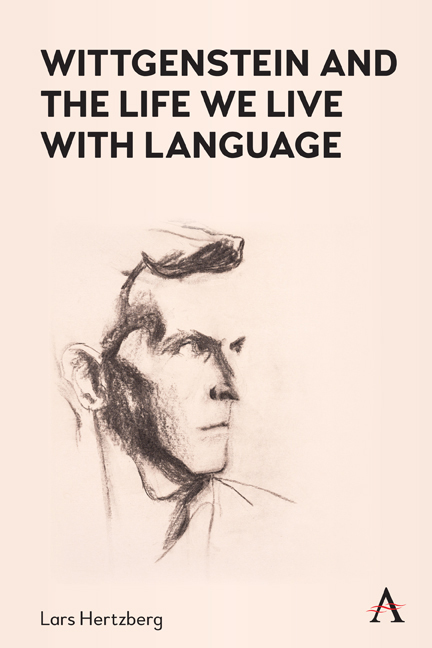Book contents
- Frontmatter
- Dedication
- Contents
- Acknowledgements
- Introduction
- 1 Attending to the Actual Sayings of Things
- 2 The Sense Is Where You Find It
- 3 On Excluding Contradictions from Our Language
- 4 ‘How Do Sentences Do It?’
- 5 On the Need for a Listener and Community Standards
- 6 ‘It Says What It Says’
- 7 Very General Facts of Nature
- 8 Ethics as We Talk It
- 9 Moral Escapism and Applied Ethics
- 10 Reasons to Be Good?
- 11 The Importance of Being Thoughtful
- 12 What’s in a Smile?
- 13 On Aesthetic Reactions and Changing One’s Mind
- Bibliography
- Index
9 - Moral Escapism and Applied Ethics
Published online by Cambridge University Press: 15 September 2022
- Frontmatter
- Dedication
- Contents
- Acknowledgements
- Introduction
- 1 Attending to the Actual Sayings of Things
- 2 The Sense Is Where You Find It
- 3 On Excluding Contradictions from Our Language
- 4 ‘How Do Sentences Do It?’
- 5 On the Need for a Listener and Community Standards
- 6 ‘It Says What It Says’
- 7 Very General Facts of Nature
- 8 Ethics as We Talk It
- 9 Moral Escapism and Applied Ethics
- 10 Reasons to Be Good?
- 11 The Importance of Being Thoughtful
- 12 What’s in a Smile?
- 13 On Aesthetic Reactions and Changing One’s Mind
- Bibliography
- Index
Summary
We are concentrating, not on the words, ‘good’ or ‘beautiful’ […] but on the occasions on which they are said – on the enormously complicated situation […] in which the expression itself has almost a negligible place. ([…] the main mistake made by philosophers of the present generation […] is that when language is looked at, what is looked at is a form of words and not the use made of a form of words).
– Wittgenstein, Lectures on Aesthetics, § I-5‘Listen, I want to ask you a serious question,’ the student said hotly. ‘[…] look here; on one side we have a stupid, senseless, worthless, spiteful, ailing, horrid old woman, not simply useless but doing actual mischief, who has not an idea of what she is living for herself, and who will die in a day or two in any case. […] On the other side, fresh young lives thrown away for want of help and by thousands, on every side! A hundred thousand good deeds could be done and helped, on that old woman's money which will be buried in a monastery. Hundreds, thousands perhaps, might be set on the right path; dozens of families saved from destitution, from ruin, from vice, from the Lock hospitals – and all with her money. Kill her, take her money and with the help of it devote oneself to the service of humanity and the good of all.’
‘You are talking and speechifying away, but tell me, would you kill the old woman yourself?’
‘Of course not! […] I was only arguing the justice of it […] It has nothing to do with me …’
‘But I think, if you would not do it yourself, there's no justice about it. […]’
– Fyodor Dostoyevsky, Crime and Punishment.Assuming Responsibility for One's Decisions
Suppose I worry about a decision to be made. I express my worry by saying things like, ‘I’m thinking of doing this but I don't know if I can’, or in the form of a question, ‘Can I do that?’ I may be asking for medical, technical or legal advice, or for advice on etiquette (‘Can I eat this with my gall condition?’, ‘Is this the right place to apply the car jack?’, ‘What is the law of this country regarding insider deals?’, ‘Should I bring flowers if I’m invited to dinner?’).
- Type
- Chapter
- Information
- Wittgenstein and the Life We Live with Language , pp. 143 - 158Publisher: Anthem PressPrint publication year: 2022

